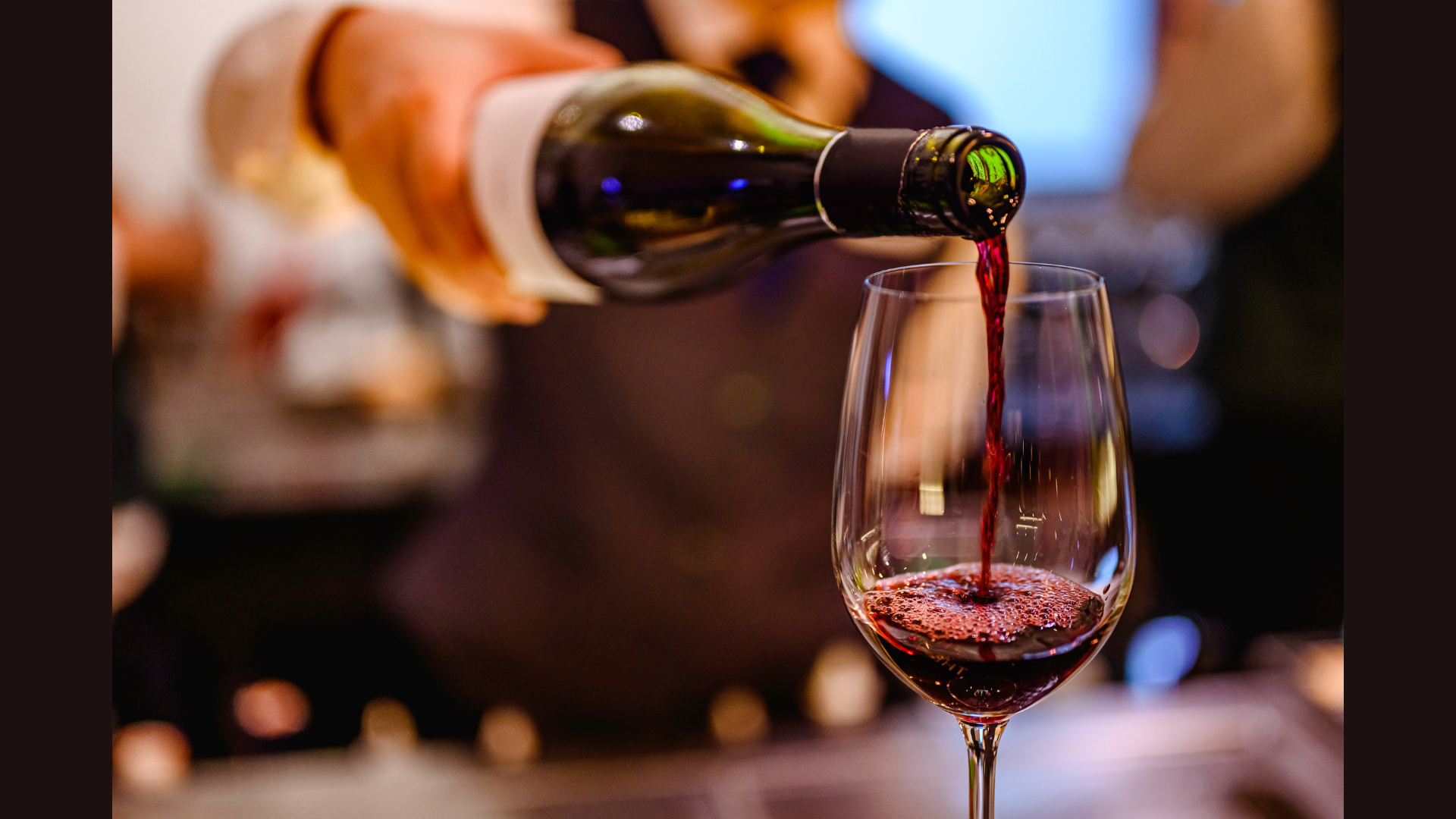ESPLORA IL CATALOGO CORSI
Courses and Pathways in Technology, Design and Engineering
Welcome to The Challenges of Greenwashing and Consumer Protection
This is 1 of the 6 Learning Modules developed as part of the Fashion and Food Synergy for Sustainability project, an avant-garde initiative in an interdisciplinary and international context funded under the Erasmus+ programme - Higher Education, and that explores the intersecting trends and demands within the fashion and food sectors, emphasizing the need for informed and skilled professionals dedicated to sustainable practices. The Challenges of Greenwashing and Consumer Protection provides basic knowledge to address and understand the complexity of communicating sustainability for companies and the importance of protecting consumers from false and deceiving message in commerce of fashion and food items.
This course was initially designed and tested for BA and MA students, providing them with in-depth insights into sustainable practices and challenges. However, it is now open to a broader audience, welcoming anyone interested in learning about this topic. Whether you are a student, professional, or simply someone passionate about our impacts, this course offers valuable knowledge to all who want to contribute to a more sustainable future.
This course is self-directed. You complete it by scoring at least 10 out of 25 points on each of the four quizzes in this course - which sums up to 40 out of 100 points.
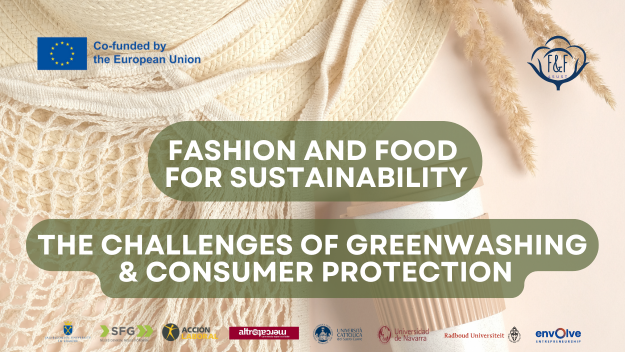
- Docente: MAARTEN DE MEIJER
- Docente: MICHELE GRANA
- Docente: SILVIA MAZZUCOTELLI
Welcome to Leading and Communicating Sustainability
This is 1 of the 6 Learning Modules developed as part of the Fashion and Food Synergy for Sustainability project, an avant-garde initiative in an interdisciplinary and international context funded under the Erasmus+ programme - Higher Education, and that explores the intersecting trends and demands within the fashion and food sectors, emphasizing the need for informed and skilled professionals dedicated to sustainable practices. Leading and Communicating Sustainability provides basic knowledge to address and understand the complexity of communication processes today, delving into different aspects of communication for sustainability.
This course was initially designed and tested for BA and MA students, providing them with in-depth insights into sustainable practices and challenges. However, it is now open to a broader audience, welcoming anyone interested in learning about this topic. Whether you are a student, professional, or simply someone passionate about our impacts, this course offers valuable knowledge to all who want to contribute to a more sustainable future.
This course is self-directed. You complete it by scoring at least 40% on each of the quizzes in this course.
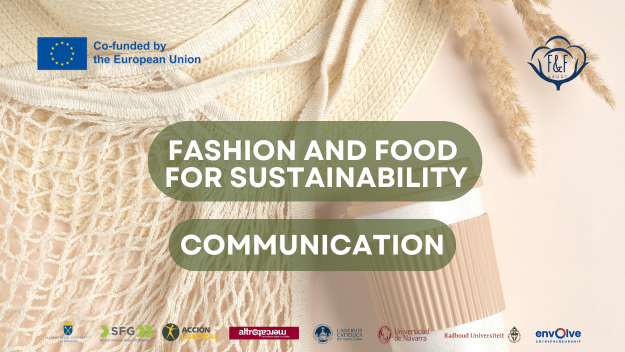
- Docente: MAARTEN DE MEIJER
- Docente: MICHELE GRANA
- Docente: SILVIA MAZZUCOTELLI
Welcome to Ecosystems of Responsibility - Corporate Social Responsibility, Collective Actions & Citizenship
This is 1 of the 6 Learning Modules developed as part of the Fashion and Food Synergy for Sustainability project, an avant-garde initiative in an interdisciplinary and international context funded under the Erasmus+ programme - Higher Education, and that explores the intersecting trends and demands within the fashion and food sectors, emphasizing the need for informed and skilled professionals dedicated to sustainable practices. The Ecosystem of Responsibility. Corporate Social Responsibility, Collective Actions & Citizenship provides basic knowledge to address and understand the history and complexity of sustainability today.
This course was initially designed and tested for BA and MA students, providing them with in-depth insights into sustainable practices and challenges. However, it is now open to a broader audience, welcoming anyone interested in learning about this topic. Whether you are a student, professional, or simply someone passionate about our impacts, this course offers valuable knowledge to all who want to contribute to a more sustainable future.
This course is self-directed. You complete it by scoring at least 40% on each of the quizzes in this course.
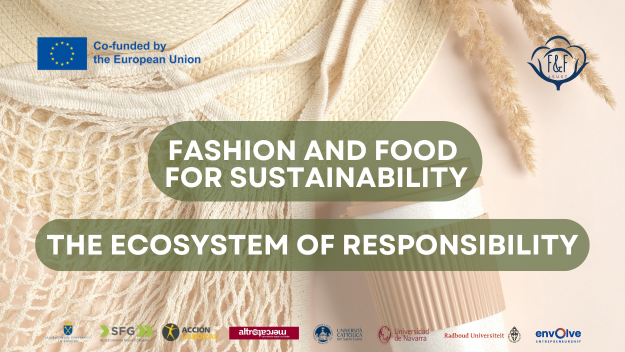
- Docente: MAARTEN DE MEIJER
- Docente: MICHELE GRANA
- Docente: SILVIA MAZZUCOTELLI
Welcome to Footprint - Environmental footprint in everyday consumption. Mainstream and Alternatives
This is 1 of the 6 Learning Modules developed as part of the Fashion and Food Synergy for Sustainability project, an avant-garde initiative in an interdisciplinary and international context funded under the Erasmus+ programme - Higher Education, and that explores the intersecting trends and demands within the fashion and food sectors, emphasizing the need for informed and skilled professionals dedicated to sustainable practices. Footprint - Environmental footprint in everyday consumption. Mainstream and Alternatives provides basic knowledge about footprint and essential competences to analyze fashion and food industry and their environmental impact. Furthermore, the aim of the Learning Module is to develop students’ skills of experimental thinking on possible ways towards footprint reduction.
This course was initially designed and tested for BA and MA students, providing them with in-depth insights into sustainable practices and challenges. However, it is now open to a broader audience, welcoming anyone interested in learning about this topic. Whether you are a student, professional, or simply someone passionate about our impacts, this course offers valuable knowledge to all who want to contribute to a more sustainable future.
This course is self-directed.
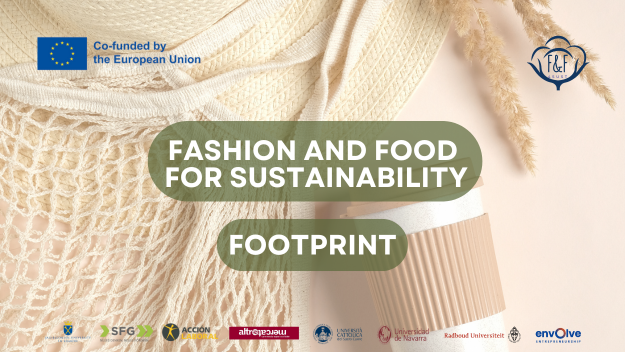
- Docente: MAARTEN DE MEIJER
- Docente: MICHELE GRANA
- Docente: SILVIA MAZZUCOTELLI
Welcome to Circularity - Circular Economy Application in the Fashion and Food Industries
This is 1 of the 6 Learning Modules developed as part of the Fashion and Food Synergy for Sustainability project, an avant-garde initiative in an interdisciplinary and international context funded under the Erasmus+ programme - Higher Education, and that explores the intersecting trends and demands within the fashion and food sectors, emphasizing the need for informed and skilled professionals dedicated to sustainable practices. Circularity - Circular Economy Application in the Fashion and Food Industries provides basic knowledge to address and understand what the Circular Economy is and how it impacts the fashion and food sectors.
This course was initially designed and tested for BA and MA students, providing them with in-depth insights into sustainable practices and challenges. However, it is now open to a broader audience, welcoming anyone interested in learning about this topic. Whether you are a student, professional, or simply someone passionate about our impacts, this course offers valuable knowledge to all who want to contribute to a more sustainable future.
This course is self-directed. You complete it by scoring at least 10 out of 25 points on each of the four quizzes in this course - which sums up to 40 out of 100 points.
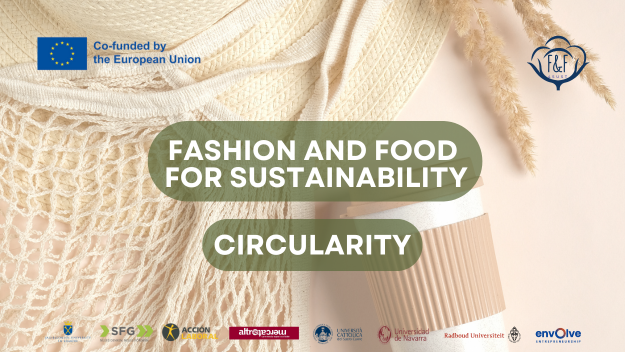
- Docente: MAARTEN DE MEIJER
- Docente: MICHELE GRANA
- Docente: SILVIA MAZZUCOTELLI
Africa has a unique potential to exploit low cost renewable energy to produce green hydrogen for domestic and external markets. Green Hydrogen could become indeed the booster of a sustainable development of the continent, enabling African countries to reduce their environmental impact as well as to make them less dependent to fossil fuels which can create geopolitical issues too. African green hydrogen development could be helpful for European hydrogen transition, that’s why it’s important that both EU and AU hydrogen policies and development roadmaps are conceived in a cross-fertilizing way.
JUST GREEN AFRH2ICA project promotes collaboration within the two continents also encouraging training and joint capacity building activities. This E-Learning programme is one of the first examples of didactic opportunities fully dedicated to hydrogen and to African potential.
In this second package (that follows up the first package already present in EduOpen -https://learn.eduopen.org/eduopenv2/course_details.php?courseid=578 - that introduced trainees to fuel cell and hydrogen technologies and African continent opportunities) the trainee will be guided through JUST GREEN AFRH2ICA project results, showcasing how a sustainable and just transition to green hydrogen can be promoted in Africa and how Africa and Europe can cooperate for the global promotion of green hydrogen as key energy vector for decarbonization
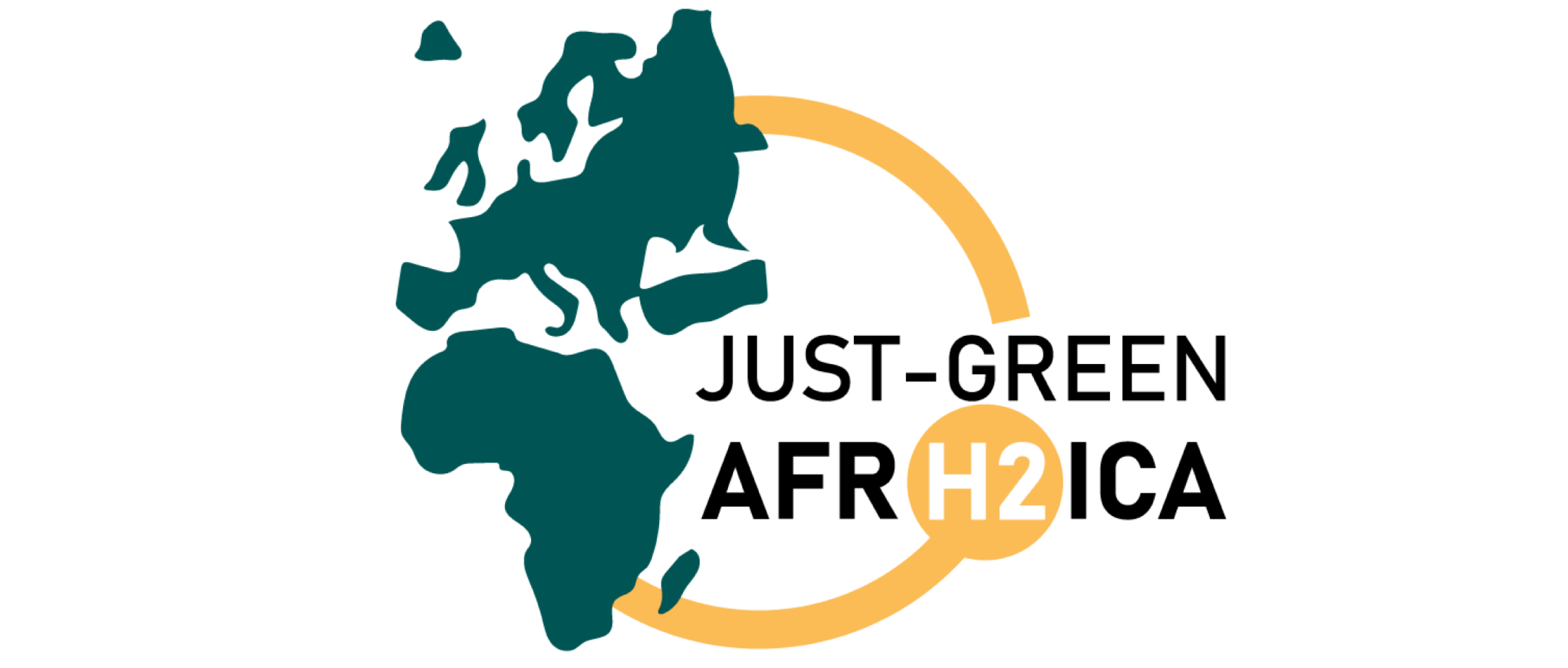
- Docente: STEFANO BARBERIS
Africa has a unique potential to exploit low cost renewable energy to produce green hydrogen for domestic and external markets. Green Hydrogen could become indeed the booster of a sustainable development of the continent, enabling African countries to reduce their environmental impact as well as to make them less dependent to fossil fuels which can create geopolitical issues too. African green hydrogen development could be helpful for European hydrogen transition, that’s why it’s important that both EU and AU hydrogen policies and development roadmaps are conceived in a cross-fertilizing way.
JUST GREEN AFRH2ICA project promotes collaboration within the two continents also encouraging training and joint capacity building activities. This E-Learning programme is one of the first examples of this.

The EU legal framework for Sustainable finance is continuously evolving at a fast pace. This second edition of the EUSFIL MOOC “Sustainability in the EU Company and Financial Law” presents updated videos, material and activities to help social sciences’ master students and postgraduates’ students as well as all interested persons to navigate such new evolving and fundamental framework.
The course, developed by the Jean Monnet Centre of Excellence on EU Sustainable Finance and Law (EUSFIL), aims to provide participants with all basic notions and instruments to understand and discuss current development and trends in the integration of sustainability in the EU company and financial law, while providing several opportunities to dive deeper. As the frameworks are still evolving and include aspects from different legal and economic fields (European Law, Company Law, Banking Law, Financial Markets Regulation etc.), the course will contribute at stimulating the audience to discuss the most challenging issues concerning such a framework from different points of view. Moreover, the course will has been one of the first in the EU explicitly targeting the sustainable finance regulatory framework.

- Docente: CATERINA MADELLI
Wine is an industry with a relevant impact, related to a huge commercial value at European level. The Eurostat statistics say that production of wine in Europe is relevant and the EU is leader in this field: in 2018, the EU Member States exported €22.7 billion (bn) of wine, and imported a total of €13.4 bn. All told, the sold production of wine (including sparkling wine, port and grape must) in the EU was around 15 billion liters. The total area under vines in the EU was 3.2 million ha in 2015, representing around 45% of the world’s total area under vines and 1.8 % of the total utilized agricultural area.
The MOOC is developed in the framework of the European Project called MERGO (Mooc in Enology aimed at Reinforcing competences applying Game-based approach and Olfactive learning for the wine tasting Grant Agreement 2020-1-IT02-KA203-080040) funded by the European Commission in the programme Erasmus+ Key Activity 2 - Higher Education field.
The Partnership involved in this project is led by University of Foggia in Italy with three Higher Education institution namely the Universidade De Tras-On-Montes e Alto Douro in Portugal, the University of Cukurova in Turkey and University of Zagreb in Croatia, two associations Organizzazione Nazionale degli Assaggiatori Vino - ONAV in Italy and Vignerons Bio De Nouvelle-Aquitaine in France and a company called Smarted in Italy.
The MOOC includes theoretical lectures based on enology topics, i.e. vineyard and the grape quality, organic wines, wine defects, sensory evaluation of wine, wine tasting techniques, valorisation of autochthons vineyards, production chain, etc.
The project MERGO aims to bridge the MOOC learning with the procedural learning for the recognition of sensory features using Tangible User Interfaces (TUIs). The project developed an ICT innovative tool that allows the student an autonomous training with olfactory stimuli and applying a validated framework delivered with a scientific approach, applying artificial intelligence modules (adaptive artificial tutors).
Each lesson also permits a sensory learning experience although the course is online. The learner could exploit an olfactory kit and download on its smartphone an application that allows to train the olfactory learning by experience and in a gamified way.
The expected impact is to innovate the MOOC sector by including procedural and autonomous learning using Internet of Things, Smart Objects and Tangible User Interfaces (TUI) for a concrete and multisensory approach.
Practical experiences during the course are based on the MERGO Odour Wine Game (https://play.google.com/store/apps/details?id=it.smarted.mergo&hl=it&gl=US) downloadable on Android devices equipped with NFC antennas. By tagging all the olfactory kits with NFC passive antennas it is possible to train autonomously and apply the competences achieved during the online course. More information about olfactory learning please visit (https://mergoproject.eu/).
